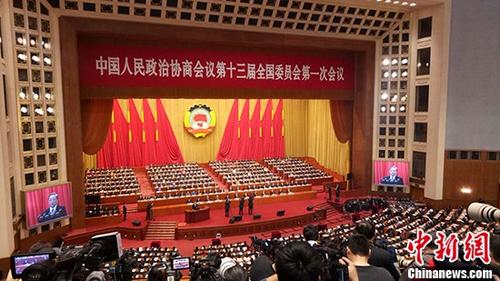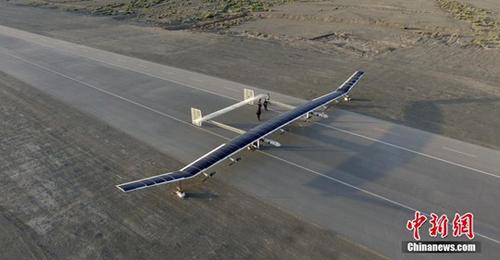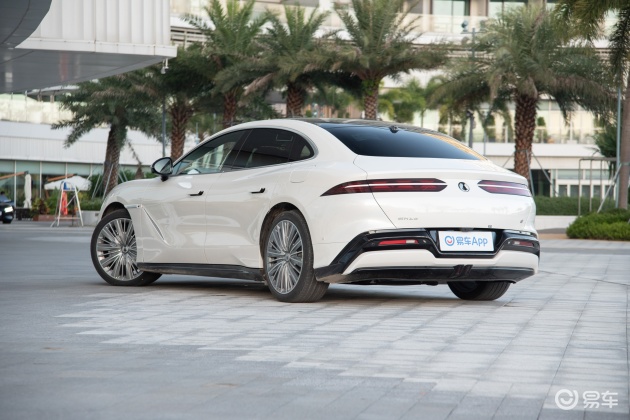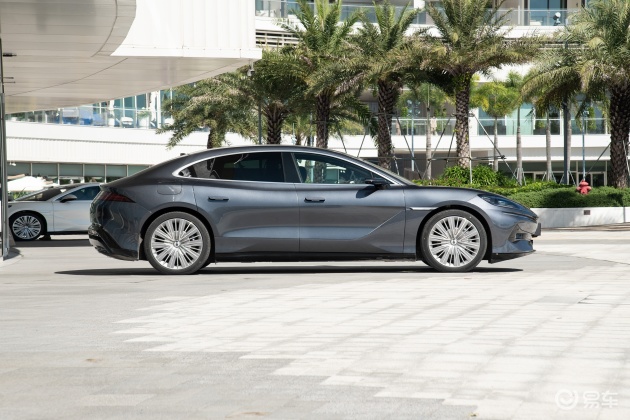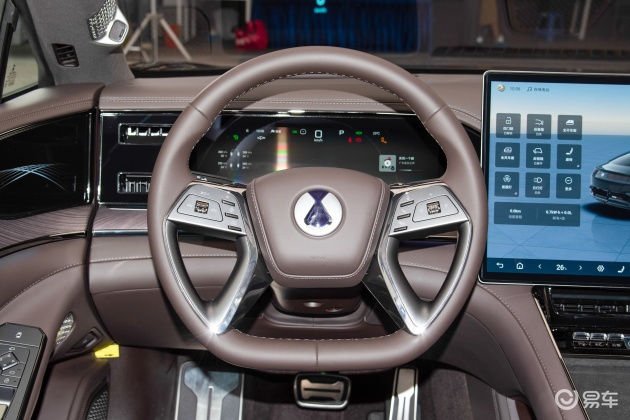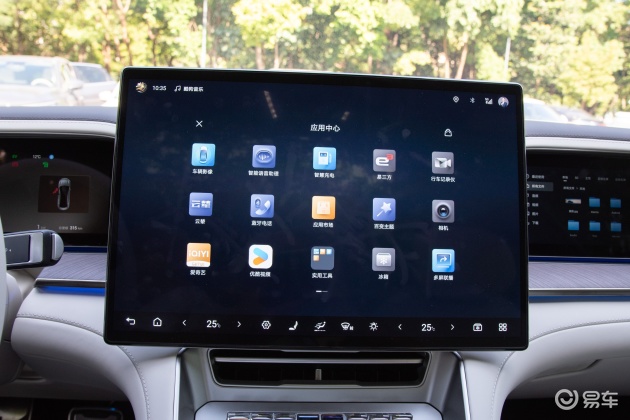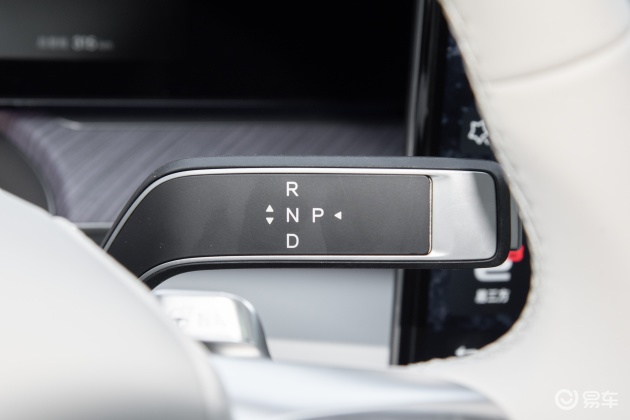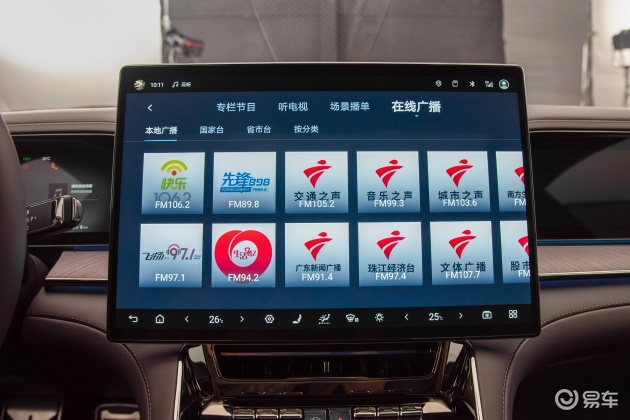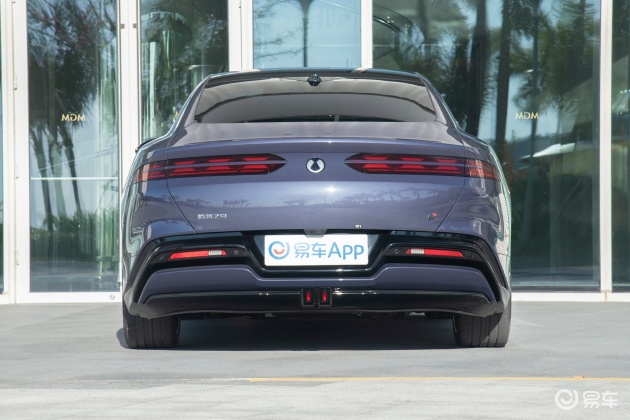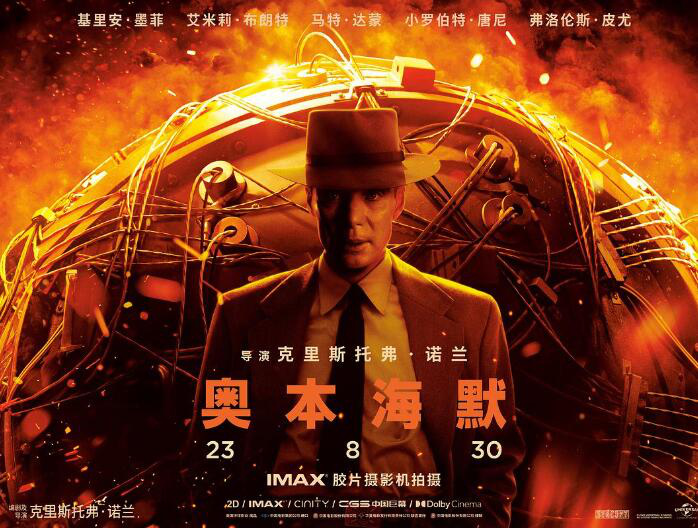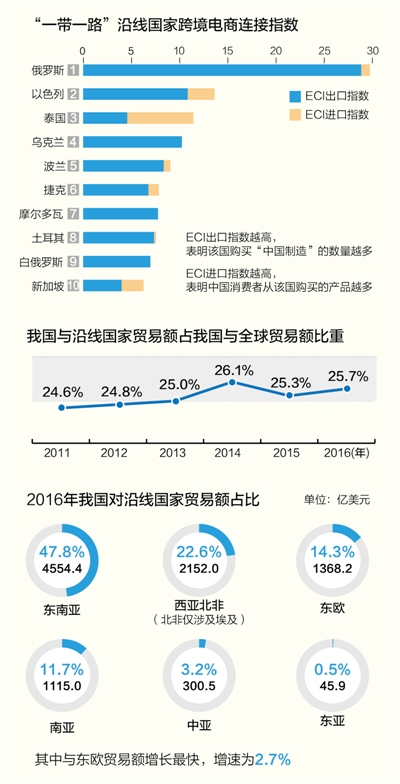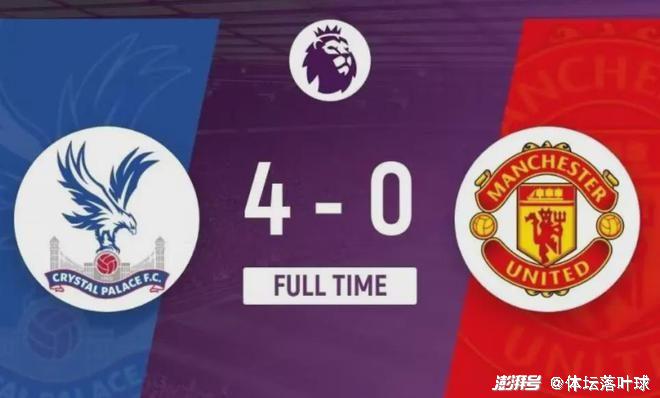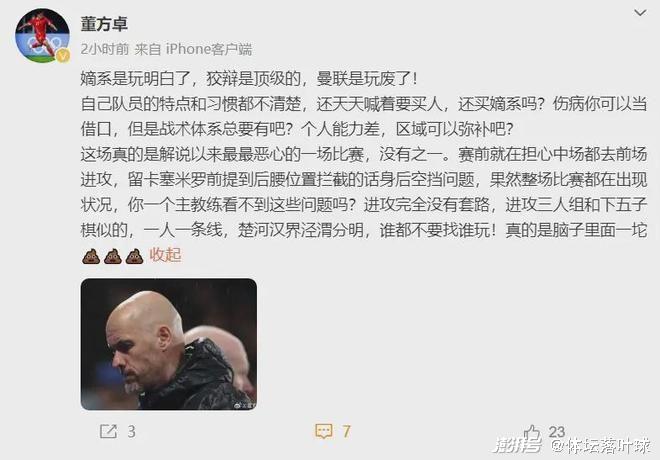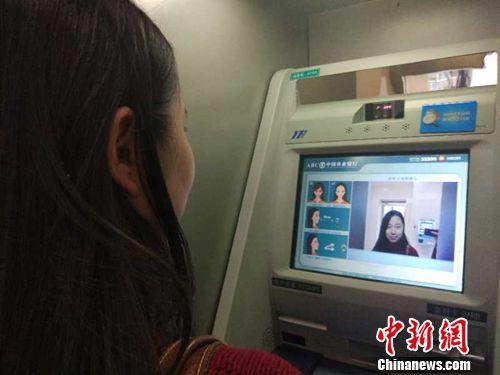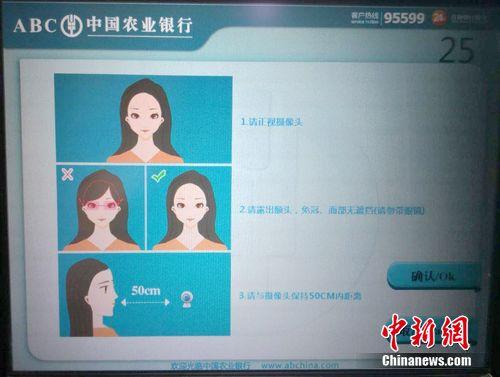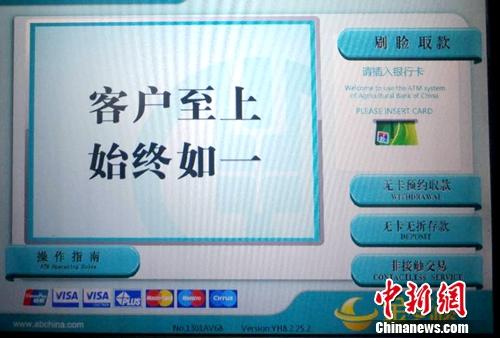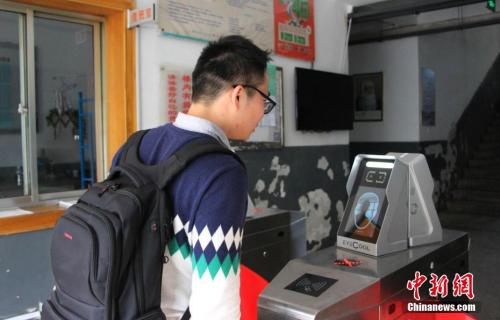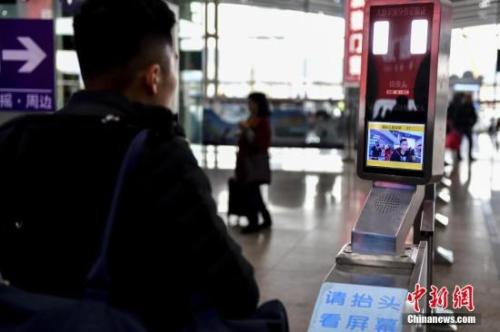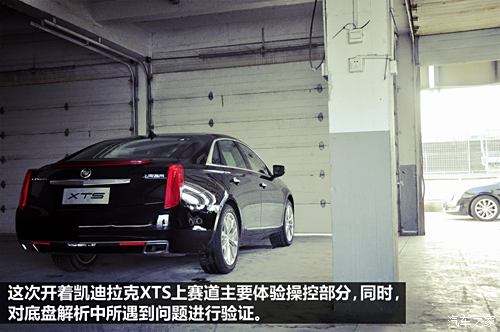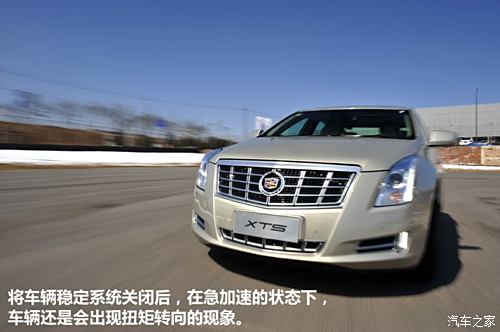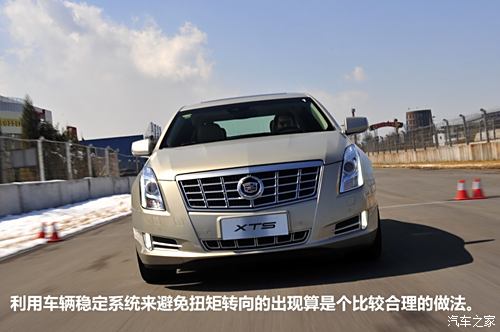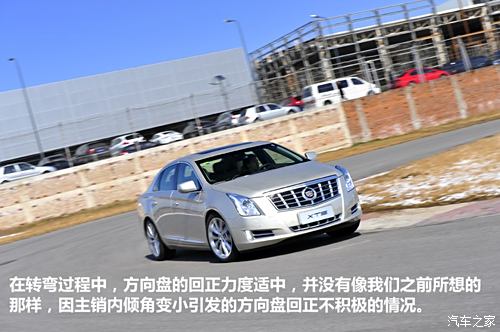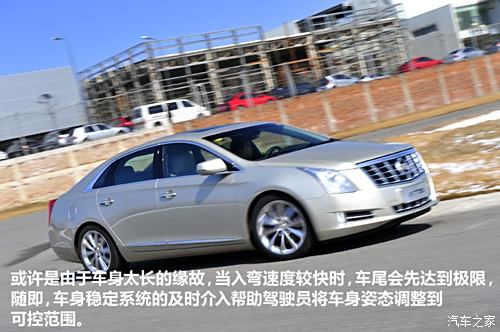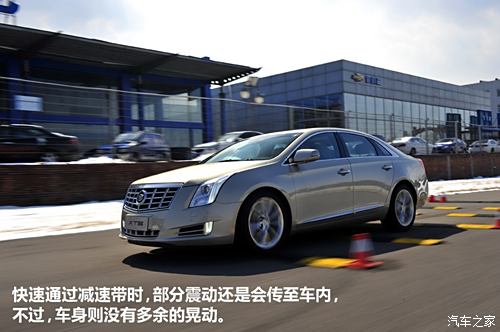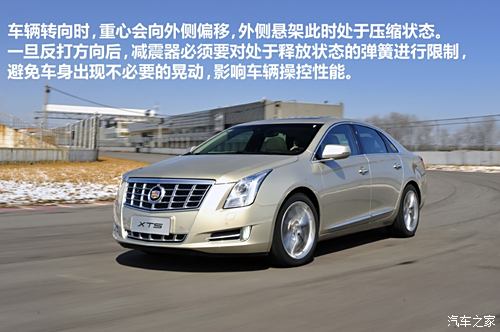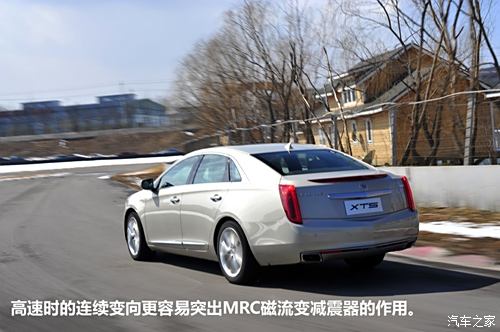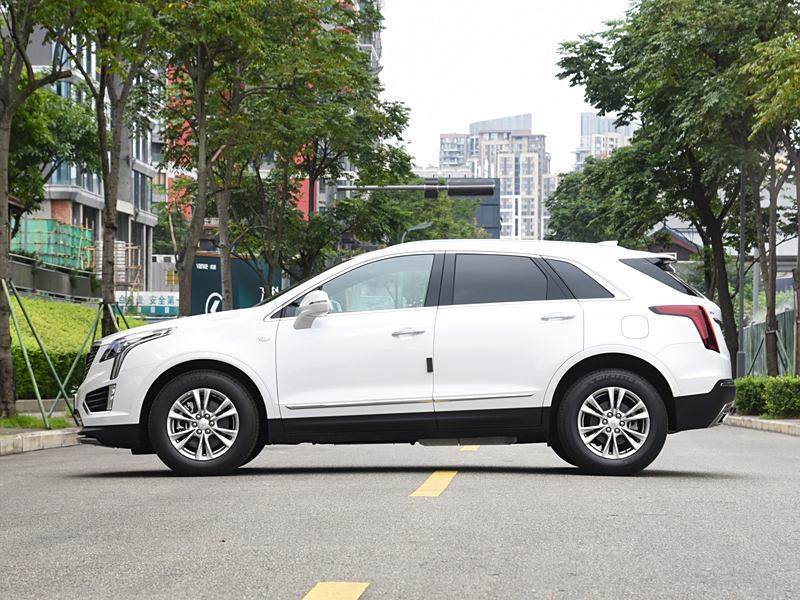CCTV News (Li Shanshan, Zhang Ke, Fan Fan):On the 5th day after the "Air China Gate" incident, Weibo, the top writer of Li, had nothing to do with Air China, and the related topics on the hot search list in Weibo were once ups and downs. A heated "air China supervisor" incident seems to be slowly subsiding, but some things are still going on.
The event may have a "passing day", however, the problems reflected behind the event should not be invisible.
"supervisor" storm
When the initial indignation exposed the "supervisor" incident, the screenwriter Li may not have thought that the incident would eventually point to the mentally ill.
At about 9: 00 a.m. on the 13th, Li released a Weibo, revealing that on the flight CA4107 from Chengdu to Beijing on the 12th, a lady who claimed to be "Air China supervisor" loudly reprimanded other passengers for not turning off their mobile phones in time, and asked the crew to call the police. After the flight landed, the three passengers reported by the "supervisor" were taken to the airport public security bureau for 7 hours.
Li questioned whether the passenger abused his power and disturbed public order in the name of supervision. Is there such a position in the airline?
Since then, Li has been exposed in Weibo continuously. As can be seen from the released video, this "supervisor" is emotional, walking up and down on the plane, scolding other passengers in the cabin for being "ignorant" and using more radical language such as "intimidation", "conspiracy", "nonsense, do you care" and "uneducated".
In this regard, some netizens said that the "supervisor" is the person who disturbs the order of civil aviation. Who is this person? And questioned "who gave her so much power"? Since then, the name of the "supervisor" has gradually been pulled out, and it is a woman surnamed Niu, and Niu Moumou has also been exposed to exercising "supervision rights" in many public transport means such as subways and buses.
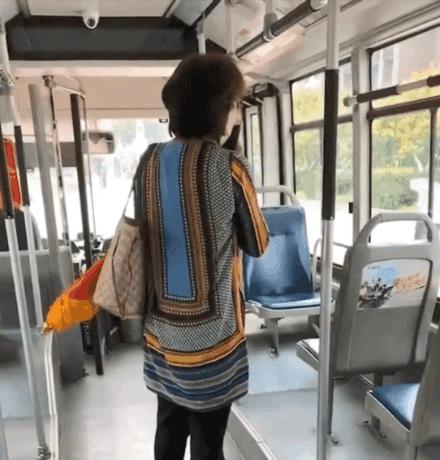
In the subway, Niu said that the subway should be rectified and called the police. "On the subway line 5, someone hit me, and a man made several strokes in front of my face with his fist." On the bus, Niu complained that the bus had potential safety hazards and ordered all passengers not to get off, including the children who were going to take the senior high school entrance examination. Some netizens said that they had met her on a yacht in the park to make trouble.

After 12 hours of continuous fermentation, the incident took a dramatic turn. That is, on the evening of the 13th, the relevant person in charge of Air China apologized to the screenwriter Li and the business class passengers affected by this incident, and explained the identity background of Niu Moumou, saying that he was indeed an Air China employee, but he had been grounded for many years because of mental problems more than ten years ago, suffering from bipolar disorder.
At the same time, Air China also expressed helplessness: "They have no right to restrict the personal freedom of the cow (a certain) and refuse the cow (a certain) to board the plane!" "At present, mental patients are not included in the regulations prohibiting flight. Although Niu Moumou is an employee of Air China and an ordinary passenger, we have no right to refuse her boarding when she looks mentally normal. " I hope that the screenwriter Li will not publish Niu’s personal privacy.

On July 15th, screenwriter Li released a blog post entitled "Air China: employees with mental illness can’t be dismissed, can’t refuse to ride, have no responsibility for the incident, and have no compensation for passengers". Li questioned that on July 8th, Niu Moumou had harassed passengers from economy class to first class on flight CA4194 from Beijing to Chengdu, and the crew should report it according to regulations. Therefore, she said that in addition to the blacklist notified by the relevant departments, the airline also gave the captain the right to refuse to carry those who are not suitable for flying.
According to the screenwriter Li’s Weibo, Air China made the following response: The captain did have this power, but Niu’s performance at that time was normal. Even now, after the events of July 8 and 12, the public security organs have not decided that she should not take the opportunity. If she flies again, as long as there is no obvious abnormality, the captain has no right to refuse her to fly and ask her to issue a certificate of normal mental condition.
From "supervisor" to "mental illness", the controversial point of "Air China supervisor" incident has shifted to whether mental patients can board the plane.
According to Article 34 of China Civil Aviation Passenger and Luggage Domestic Transportation Rules, the carrier shall not carry passengers with infectious diseases, mental illness or health conditions that may endanger themselves or affect the safety of other passengers. Meng Bin, the captain of civil aviation, believes that if passengers are confirmed to have mental problems, airlines can refuse to carry them according to regulations.
On June 10, 2008, Air China flight CA904 from Los Angeles to Beijing did have a precedent of refusing to carry mental patients. According to media reports, the 13-year-old son of actor Ji Wang, who starred in Peking Man in new york, boarded the plane in the early morning accompanied by his grandmother because of mental retardation, and was later ejected from the plane by the captain for safety reasons.
Ji Wang once lamented with tears that "it is very difficult to safeguard the rights and interests of a disabled person".
Mental patients are vulnerable groups, and the controversy caused by this "supervisor" incident has also caused some mental patients’ worries and anxiety to some extent.

On the afternoon of 15th, screenwriter Li wrote that she had received messages from several netizens with mental illness, fearing that it would affect their normal travel in the future. Li said: "I am very sorry for the trouble and anxiety caused to you. I don’t discriminate against any patient. I just think that special patients who are familiar with aircraft operation and have a criminal record should board the plane when the doctor confirms that they are in a normal state. If the state is unknown, they should be accompanied by a guardian. "
As the screenwriter Li said, mental patients fly. "If you encounter a grumpy passenger and have a violent conflict with her (Niu Moumou) and even lead to criminal cases, isn’t this risk endangering aviation safety? And she herself may also make other more extreme harmful behaviors. "
In fact, this is also the public’s doubts and worries.
Vulnerable groups VS injuries that can’t be avoided
On the one hand, it is the legitimate rights and interests of the mentally ill, on the other hand, it is the personal and property safety related to the vital interests of the masses. Who will weigh it? How to weigh? It seems that it is not just as simple as "which is more important".
Dr. Sun Yi, director of the Judicial Appraisal Department of huilongguan hospital, told CCTV: "Bipolar disorder is a common mental disorder with manic or hypomanic episodes and depressive episodes. During manic attacks, people often have high emotions, increased speech activities (such as talking too much, being difficult to interrupt, sometimes boasting, etc.), full of energy, nosy, many ideas, rapid changes, reduced sleep and so on. During the onset of depression, the mood is low, the sense of happiness is lost, the speech activity is reduced, the reaction is slow, the memory is reduced, and the whole body is weak. There may be a concept of suicide and world-weariness, and there may be self-inflicted suicide. "
According to statistics, the risk of suicide of patients with bipolar disorder is 10 times that of the general population. 25-50% of patients with bipolar disorder have committed suicide, and 11-19% have committed suicide. Young patients are particularly prone to suicide in the first year after their first diagnosis. Bipolar patients and their families live in pain, and their quality of life is generally not high.
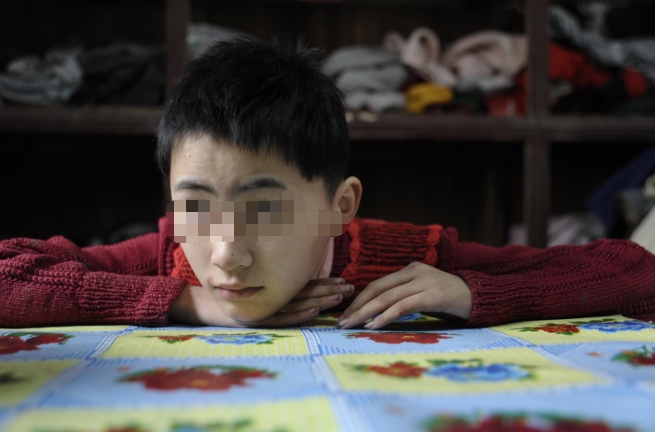
On April 21, 2011, in Tianchang City, Anhui Province, a poor peasant family, Chong Xiaoyan was suspected of mental illness and was imprisoned in prison for 13 years. Image source: vision china
Dr. Liu Tiebang, director of Shenzhen Mental Health Center, once said that in essence, many mental patients are full of fear and fear of society, not hostility and attack, so most of them retreat and are isolated from society because they feel that society makes him uneasy. In essence, they are afraid of society.
Society does not have a correct understanding of mental patients. "Out of ignorance or prejudice, the real society is not friendly enough to mental patients, and even attacks and discriminates against them … …” In this way, the living space of mental patients is further reduced. If there are patients at home, patients and their families will face strong prejudice, discrimination and threats from society and lose a lot.
Psychopaths fear society. However, the reality of life is that people are "more afraid" of mental patients and call them "unavoidable injuries".
Searching for keywords such as "mental illness" and "wounding" on the Internet, there are many vicious incidents in which patients with mental disorders assault others.
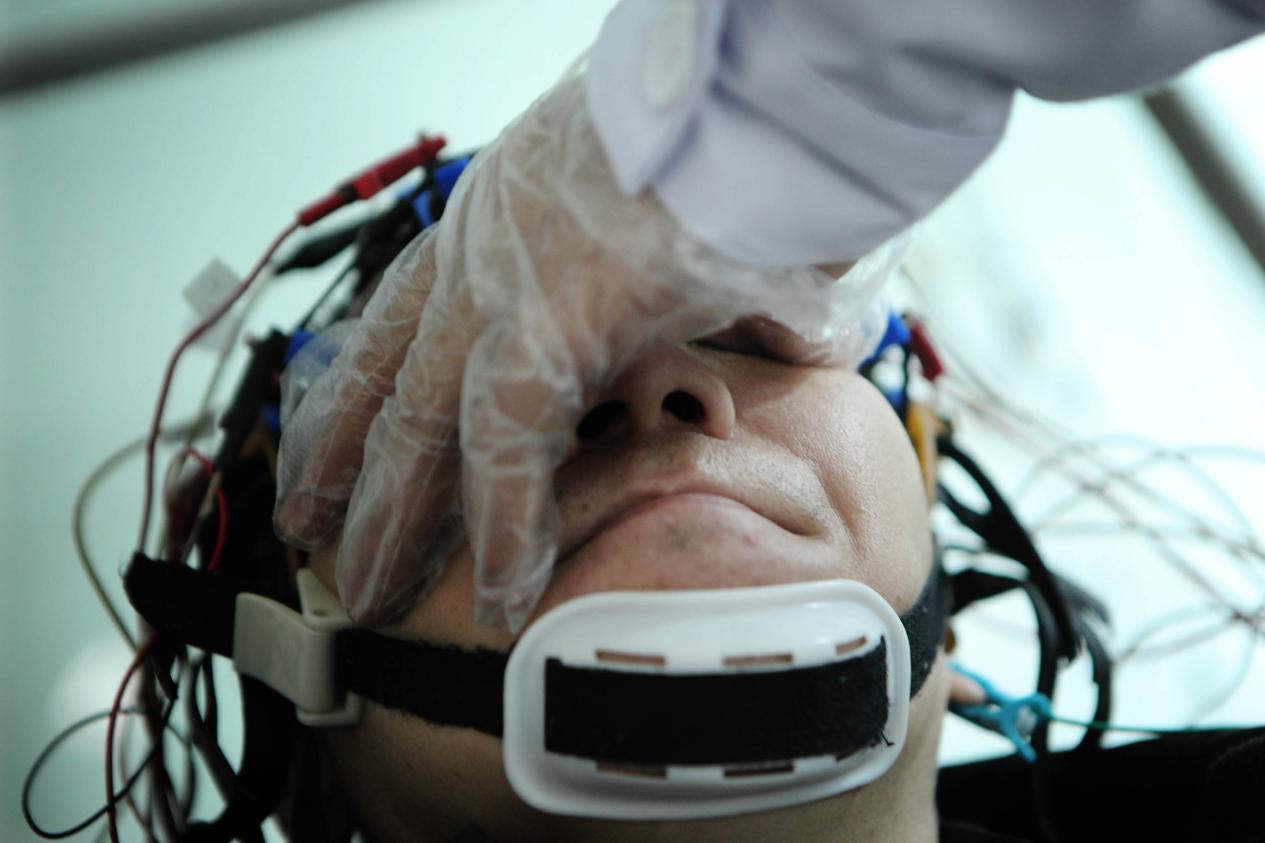
On February 9, 2012, in Guangzhou, Lian Riyong had a brain wave examination with the help of a doctor. A Yong, a man from Xinyi, Maoming, was "cranky" after the stimulation of business decline, and often lost control and hurt people everywhere. His father chained his son for 17 years to avoid hurting the innocent, but failed to cure his mental illness by all means. Image source: vision china
In March 2011, Wang, a suspect in the "airport stabbing case", was identified by the judicial authorities as suffering from schizophrenia; On November 29, 2012, Kang Hongqian, a doctor of the First Affiliated Hospital of Tianjin University of Traditional Chinese Medicine, was hacked to death by a patient with an axe. The suspect Wang was confirmed to have a "moderate depressive episode" and had "fantasy of victimization"; On June 3, 2013, a mentally ill man appeared on the street of Minle Road near Fangcheng Middle School in Fangchenggang City, Guangxi Province with a sickle, chasing and chopping pedestrians at will, endangering the safety of middle school teachers and students … …
According to the data released by the Mental Health Center of China Center for Disease Control and Prevention (2005), there are more than 100 million patients with various mental disorders and more than 16 million patients with severe mental disorders in China. In other words, one out of every 13 people is mentally ill, and one out of every 100 patients is severely mentally ill.
Tang Hongyu, deputy director of Peking University Institute of Mental Health, once said, "About 10% of the 16 million patients with severe mental illness have trouble-making behavior and danger."
According to Outlook News Weekly, after analyzing 1,515 cases of mental illness criminal identification, the Judicial Appraisal Department of Beijing Anding Hospital found that infringing on the person, property and disturbing social management order were the "top three" troublemaking behaviors of mental patients, accounting for 94.1%. If schizophrenia carries out social harm, the possibility of personal injury will be above 50%.
Fortunately, Niu did not endanger the lives and property of others on the plane, but it also gave us a warning shot. How should mental patients be managed? How to balance public safety and equal civil rights and interests of mental patients? How to ensure public safety while respecting and protecting the legitimate rights and interests of mental patients?
There is no time to delay reflection before tragedy happens.
The disease is treated, and the "madness" is controlled.
Following the incident that Niu Moumou harassed passengers on flight CA4194 on July 8, on July 12, she appeared alone on the plane for "supervision". As a mental patient, why did Niu Moumou travel alone? Why is her family not accompanied?
"A person with abnormal mental state, who will usually find and intervene?" For the management of mental patients, some netizens questioned the embarrassing state of "no one is in charge beforehand and can’t manage it afterwards".
According to some media reports, nearly 40% of mental patients really "lack control ability" when committing crimes. It can be seen that it is better to do treatment and supervision in advance, especially treatment — — It is the best preventive measure.
In 2016, the Ministry of Public Security issued the Regulations on Compulsory Medical Institutes (Draft for Review), which stipulates that there are two kinds of people who need to be admitted under compulsory treatment, one is those who endanger public safety and public order, and the other is those who will do harm.
During the "Twelfth Five-Year Plan" period, especially after the promulgation of the Mental Health Law, various places carried out service management for patients with severe mental disorders. By the end of 2014, there were 4.3 million registered patients with severe mental disorders in China, of which 73.2% patients received follow-up management and rehabilitation guidance services provided by primary medical and health institutions.
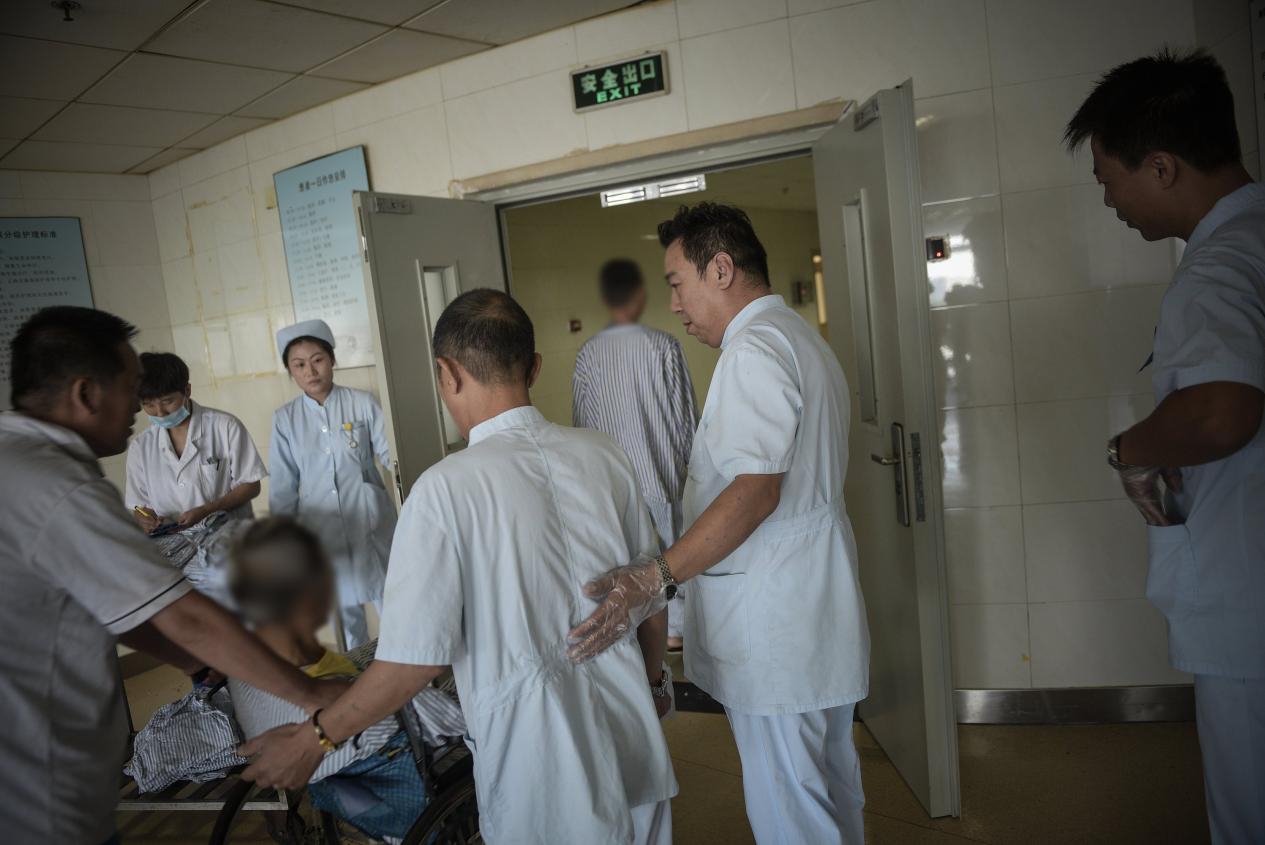
From July 26th to August 2nd, 2018, Zhong Zhao Run, 49, and Yang Jing, 46, were head nurses in the psychiatric department at Tianjin Anding Hospital. Here, they guard a group of special patients, and it is common to be beaten and scolded. Image source: vision china
Sun Yi told CCTV reporter: "At present, China’s mental health service resources are very short and unevenly distributed. There are 1,650 mental health professional institutions, 228,000 psychiatric beds and more than 20,000 psychiatrists in China, mainly distributed at the provincial and prefecture levels. The community rehabilitation system for mental disorders has not yet been established."
According to the National Mental Health Work Plan (2015-2020), by 2020, the management rate of patients with severe mental disorders and the treatment rate of schizophrenia will reach more than 80%, and the number of psychiatrists in the country will increase to 40,000, that is, at least 2.8 doctors per 100,000 population will serve everyone. At the same time, grassroots mental health prevention and treatment personnel, psychotherapists and social workers will play a more important role.
Besides hospitals, can communities and public security also shoulder the responsibility of management?
Yang Desen, a Chinese psychiatrist, thinks that it is necessary to develop community mental health work first in the study of mental health work at home and abroad at the beginning of this century. "The government needs to further guide the development of community mental health work, advocate the establishment of a variety of community rehabilitation institutions for mental patients, and encourage public and private development. It is necessary to organize a professional team of community psychiatrists to maintain the orderly conduct of community work. "
However, many experts suggest that the approaches should be diversified. They appealed: "It is far from enough to rely on relatives for the treatment and supervision of patients with severe mental illness. It is necessary for the government to bring the treatment of this group into the vision of national public health investment and really help patients with mental illness, especially patients with severe mental illness, to realize ‘ Illness can be cured, and madness can be controlled ’ 。”
In the eyes of Wang Shaoli, vice president of Beijing huilongguan hospital, the most ideal model should be: when patients get sick, they will go to specialized hospitals for standardized treatment at the first time; After two or three months of stable condition, transfer to rehabilitation hospital step by step; Finally, go to the community. "Here, every link should be ‘ Seamless handover ’ Yes, to ensure that the patient’s information is smoothly transmitted between institutions, and there are specialized agencies and special personnel responsible for control. "
As for "Niu Moumou", can I fly?
Gao Guozhu, an expert in aviation law and director of the Institute of Outer Space Law of Beihang University, told CCTV reporters that we should consider the provisions of the Mental Health Law and the Law on the Protection of the Rights and Interests of Persons with Disabilities and seek a balance between public safety and the protection of equal civil rights and interests. It is suggested that mental patients in the onset period are forbidden to board the plane. Patients with stable mental health during the recovery period can buy tickets to board the plane with the permission of the airline company, but safety protection should be done well.
Wang Zhuqing, an expert in guardianship law and a professor at the School of Law, University of Science and Technology Beijing, told CCTV reporters that mental patients can fly in a stable period, but they should be accompanied by their families. If a mental patient becomes ill during the flight and endangers public safety, it shall be handled by the flight safety officer. It is suggested to establish a blacklist system, adopt the same standards for mental patients and ordinary people, and determine whether to ban them from flying according to the degree of harmful behavior. In terms of responsibility, ordinary people who endanger public safety should bear administrative or criminal responsibility, and mental patients who endanger public safety should receive compulsory treatment.
According to experts, with the intensification of social competition, psychological disorders such as depression, autism and anxiety will be as common as colds. What worries experts is that there are more than 16 million patients with severe mental illness in China, but only a few can be hospitalized.
Whether it is the general mental disorder or the "martial madman" as the people say, I believe that a set of social networking intervention mechanisms from family to community, from hospital to public security are the best means to resolve the crisis.
